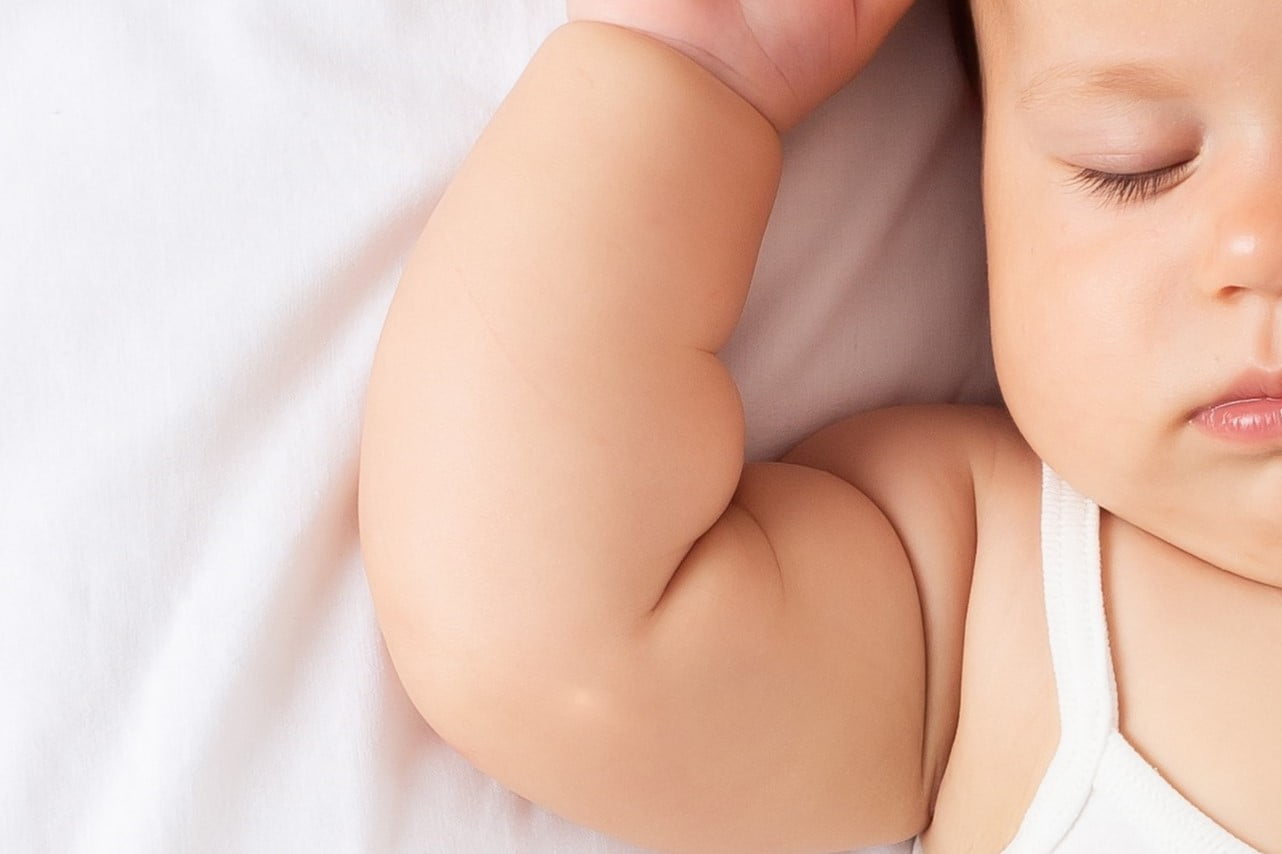BODY COTTON
Our Products
Unlock the secret of different way of sensitive skin care. Click now to explore organic cotton underwear and sleepwear made by parents for mindful parents and their little ones. Enter the mjölk body cotton collection now!
NEW COLLECTION
Discover baby products
Coming soon: Newborn Collection! Specially crafted for the most delicate skin, each piece promises unparalleled softness and sustainability. Embrace the perfect start for your newborns with designs that blend care with style. Get ready to wrap your precious ones in the ultimate comfort. The journey of gentle beginnings is just a click away. Don’t miss out – Stay tuned!
VALUES
Our values
Mjölk stands for elegance, sustainability, and unmatched quality. Our philosophy centres around providing discerning parents with premium, eco-friendly clothing crafted from the finest organic cotton. Designed with love and a deep commitment to the environment, our collections embody Scandinavian simplicity and care for the sensitive skin of the young. Explore Mjölk, where each piece is a statement of our values and a step towards a sustainable future.







